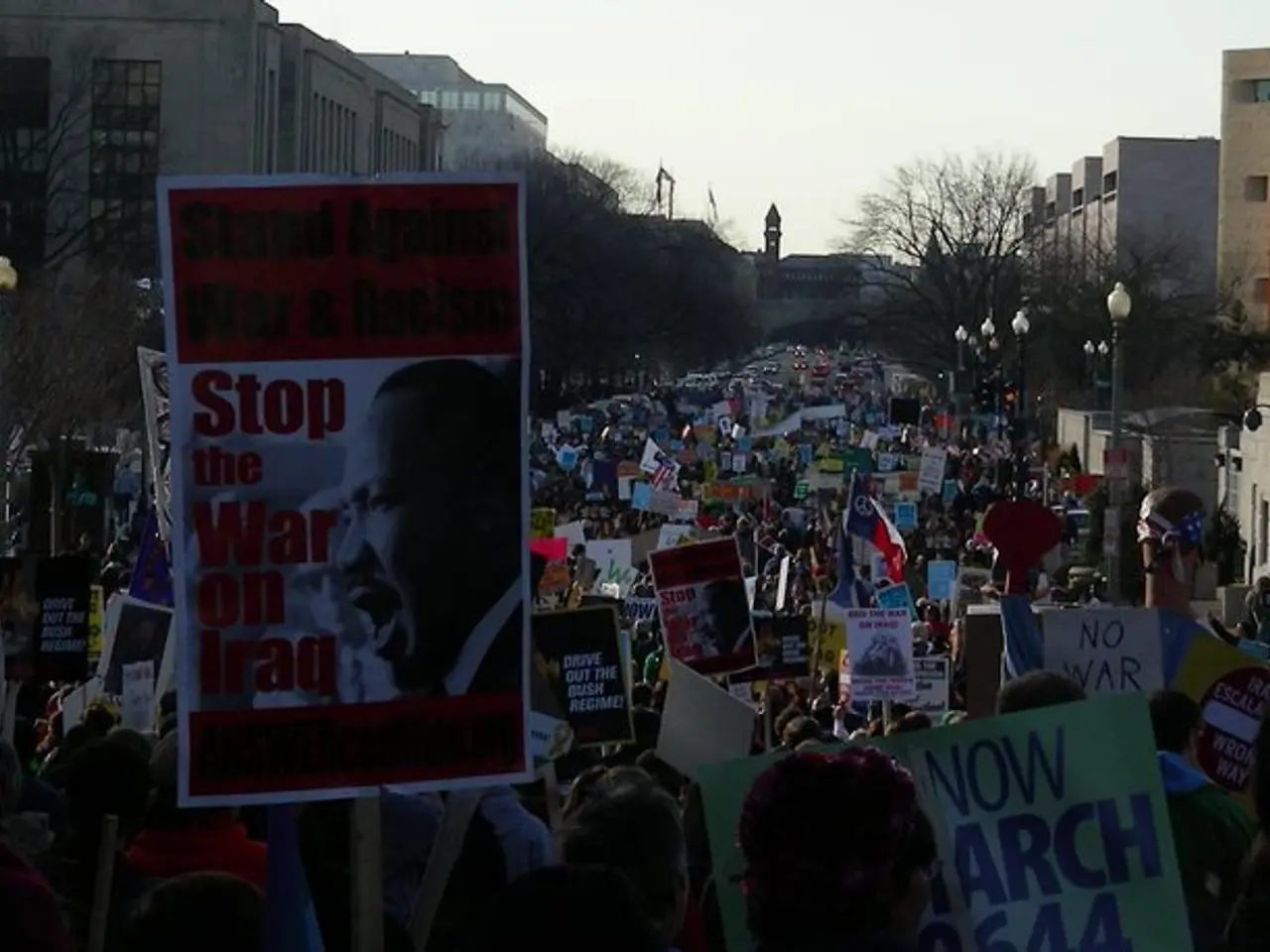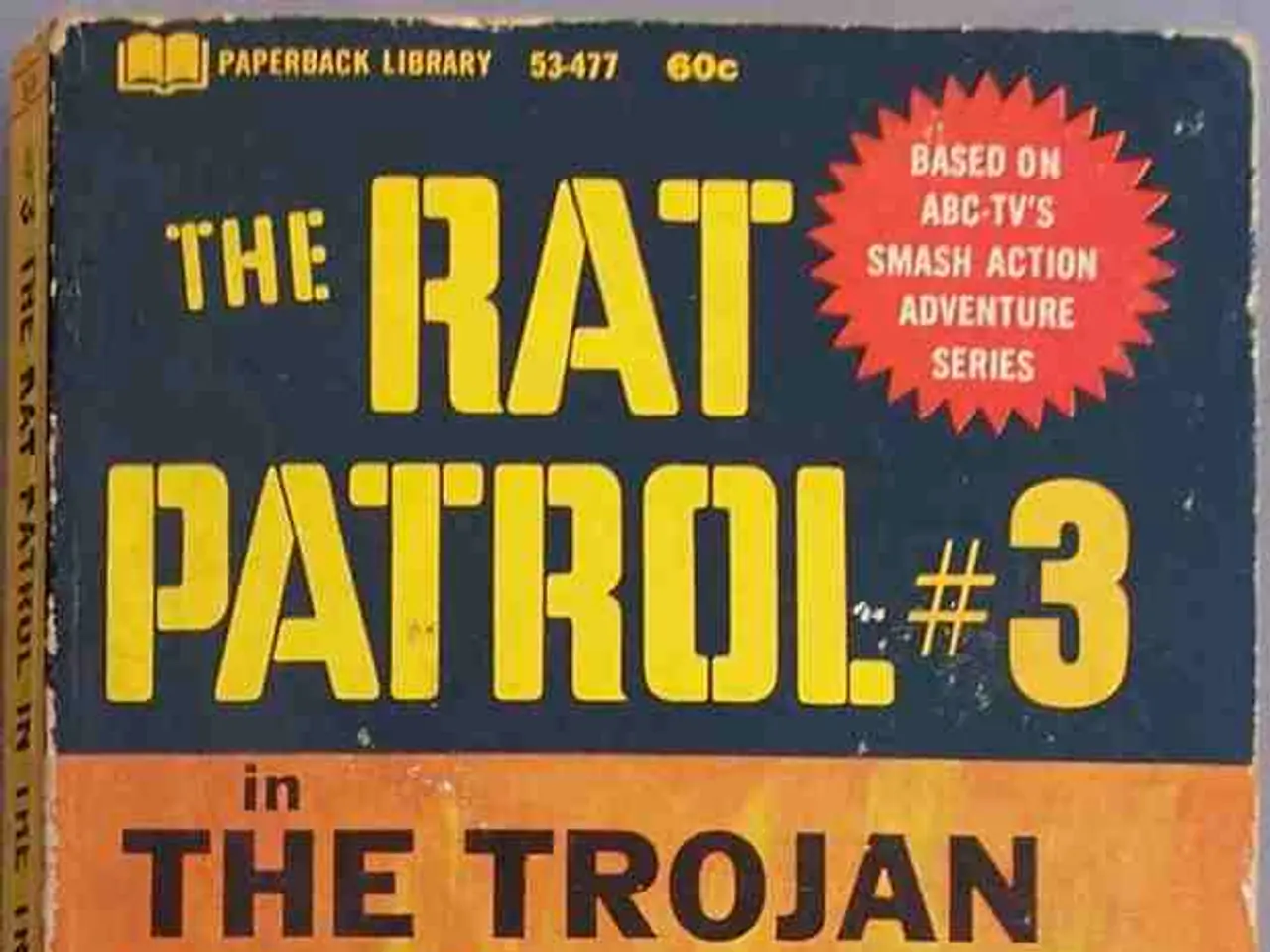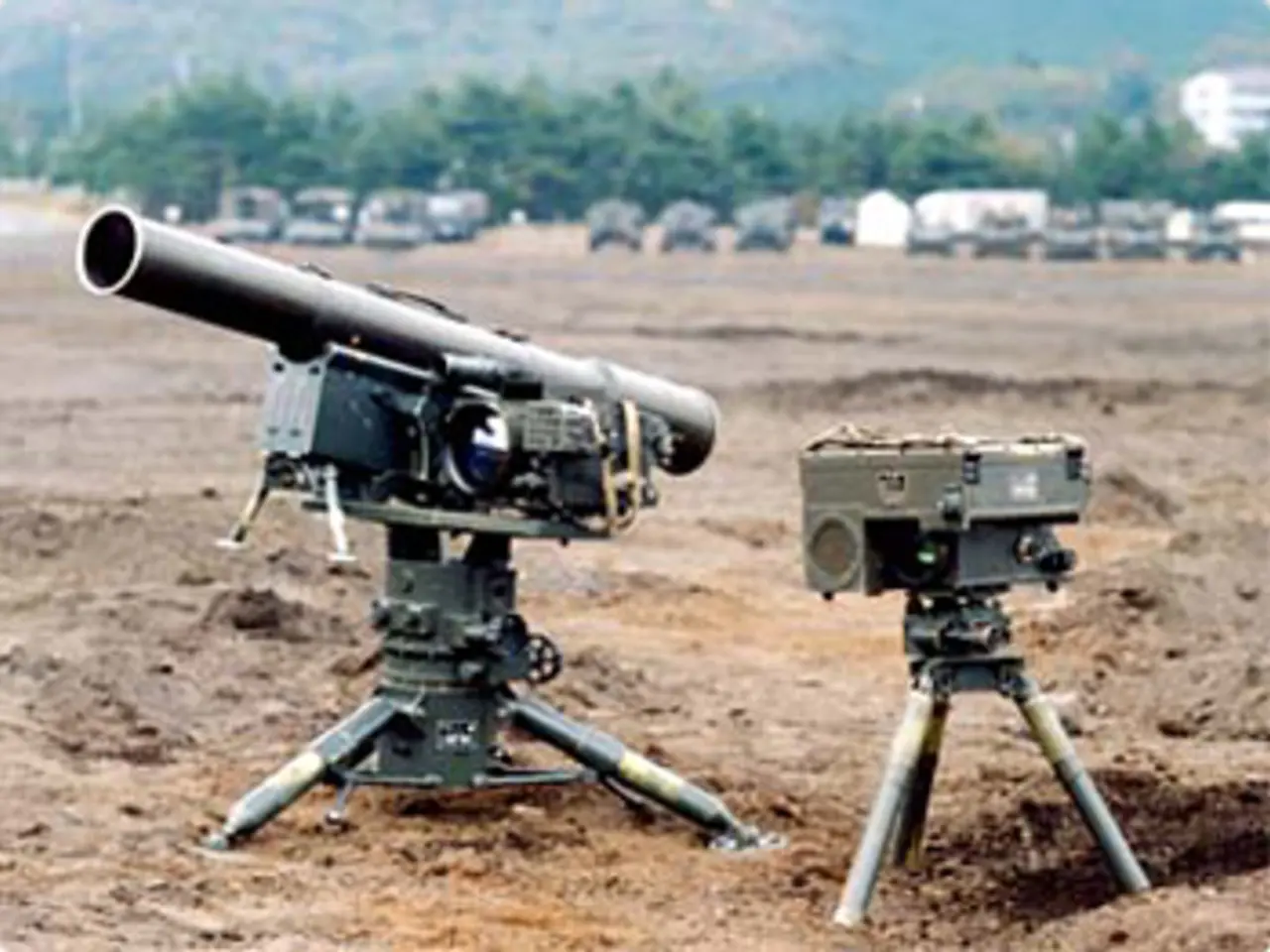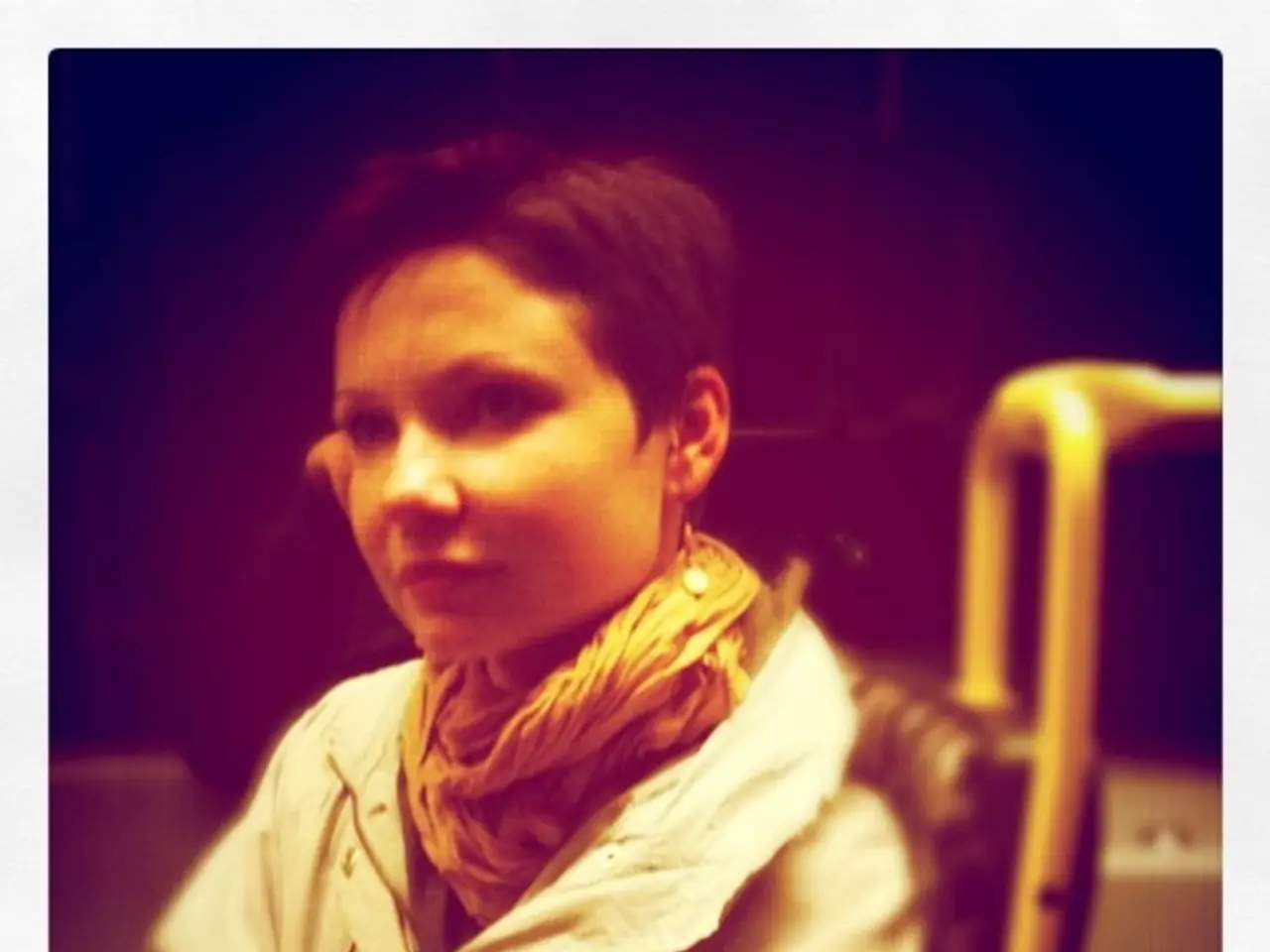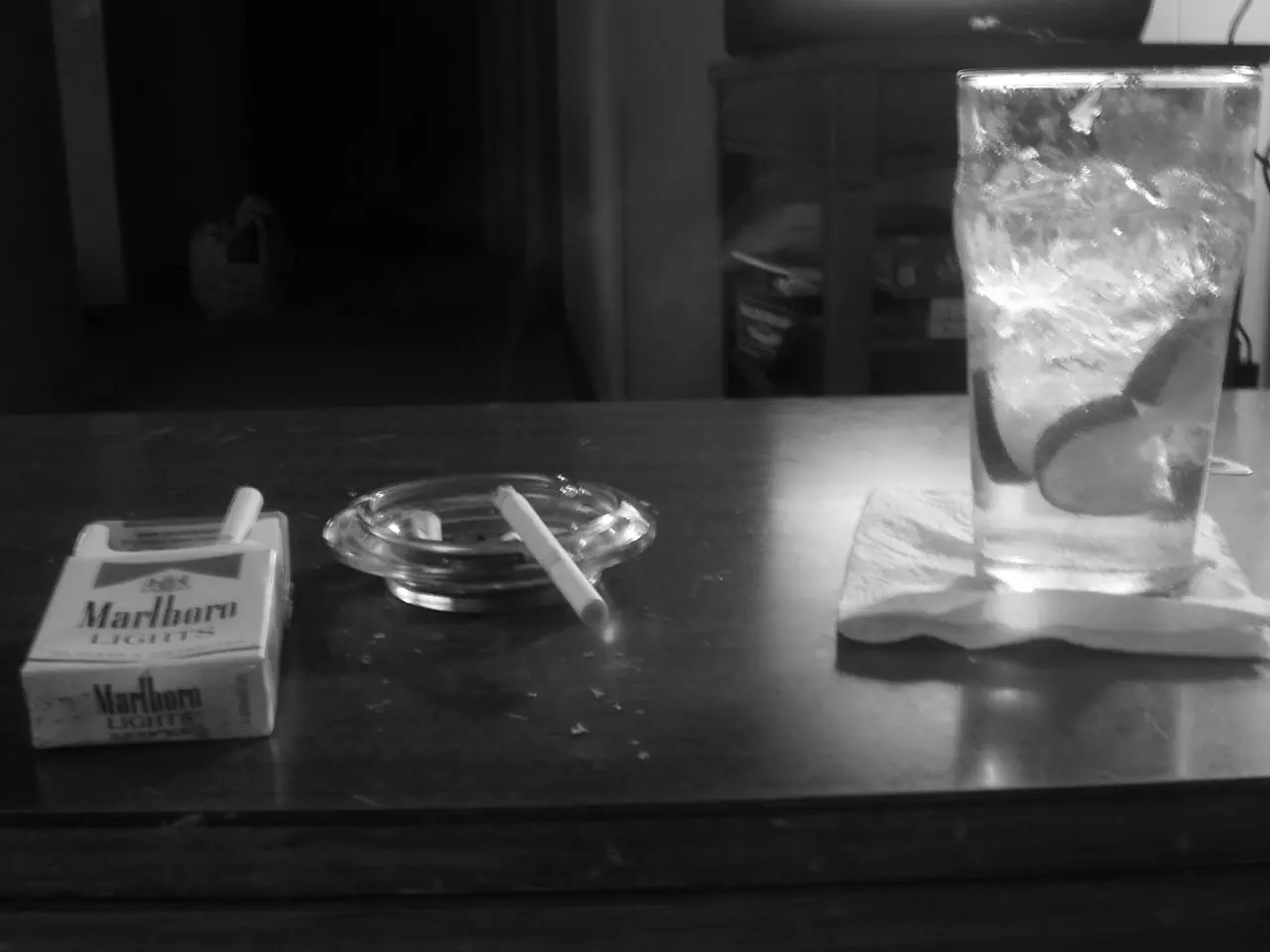Police in Turkey apprehend four comic artists following an illustration alleged to portray Prophet Mohammed, inciting public demonstrations.
In Turkey, four cartoonists affiliated with the satirical magazine LeMan have been detained in connection with a controversial cartoon that was perceived as depicting the prophets Mohammed and Moses fraternizing in heaven while Jews and Muslims fight below them[1][2]. The cartoon, published in a political satire magazine called LeMan, sparked significant outrage, particularly because depictions of Prophet Mohammed are widely forbidden in Islamic tradition, prompting protests outside LeMan’s Istanbul offices and condemnation from government officials[1][2].
The authorities launched an investigation on charges of "publicly insulting religious values" after the cartoon’s publication. The initial arrest was of the cartoonist Doğan Pehlevan at his home, followed by the detention of LeMan’s editor-in-chief Zafer Aknar, graphic designer Cebrail Okçu, and manager Ali Yavuz. Detention warrants were also issued for two editors believed to be abroad[2].
LeMan denied that the cartoon depicted the Prophet Mohammed, stating instead that it was meant to portray a Muslim man named Muhammad and highlight the suffering of Muslims[2]. However, the illustration was widely perceived as showing the prophets Mohammed and Moses with wings and halos shaking hands above a war scene, which intensified the backlash[2].
The cartoon, which went viral on social media four days after it was published, has been met with strong reactions from the public. Protesters were seen kicking the doors of the magazine offices in central Istanbul, and hundreds of people protested in Istanbul's main tourist street, chanting "Allah is Great" and calling for sharia law[1]. The crowd also performed a nighttime prayer[1].
Interior Minister Ali Yerlikaya called the cartoon a provocation and said those responsible would be held accountable[1]. Turkish authorities quickly condemned the magazine and its cartoon, with Istanbul's governor, Davut Gul, announcing that all four people wanted for the cartoon were in police custody[1].
The situation has raised international concern, with observers drawing parallels to the 2015 Charlie Hebdo attack in France, where Islamist gunmen targeted a satirical magazine over caricatures of Prophet Mohammed[2]. This case highlights the delicate and often perilous tensions around freedom of expression and religious sensibilities in Turkey today.
LeMan, the magazine that published the cartoon, issued a statement saying the cartoon is not a caricature of the Prophet Mohammed. Instead, they claim the cartoon highlights a murdered Muslim and aims to highlight the righteousness of the oppressed Muslim people, with no intention of belittling religious values[2]. The cartoonists have been detained but have not been officially put under arrest.
As this is a developing story, updates will be provided as more information becomes available. The cartoon is under investigation by the Turkish Justice Ministry under Article 216 of the Turkish Penal Code for the crime of "publicly insulting religious values." The magazine has also offered an apology to any readers who may have been offended by the cartoon.
In the context of the escalating controversy, the general-news surrounding LeMan's satirical cartoon raised concerns about freedom of expression and religious sensibilities in Turkey, mirroring past incidents like the Charlie Hebdo attack in France. Meanwhile, politics and justice systems are involved as the cartoonists affiliated with LeMan are detained and the cartoon is investigation under Article 216 of the Turkish Penal Code for 'publicly insulting religious values.'
